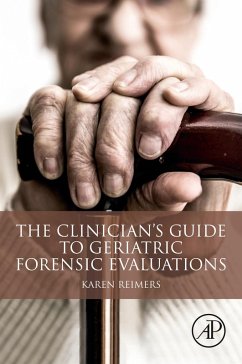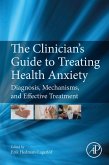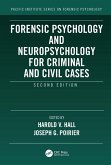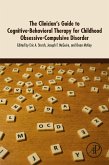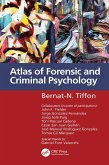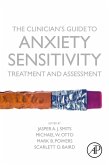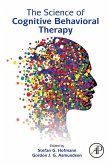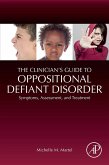The Clinician's Guide to Geriatric Forensic Evaluations provides practical guidance to clinicians performing forensic evaluations on older adults. The book begins with how geriatric forensic evaluations differ from those done on non-geriatric adults. DSM-5 criteria for neurocognitive disorders are discussed and differentiated from the previous criteria in DSM-IV. Coverage includes assessing decision-making capacity/competence and evaluating undue influence, elder abuse, and financial exploitation. Each chapter opens with a case study and then highlights specific assessment techniques, best practices, and common pitfalls to avoid. The book additionally covers forensic report writing, court testimony, and when to refer to an outside independent expert. Samples of geriatric forensic reports are provided.
- Provides practical information on performing geriatric forensic evaluations
- Identifies DSM-5 criteria for neurocognitive disorders
- Includes assessing decision-making capacity/competence, undue influence, elder abuse, and financial exploitation
- Features assessment strategies, case studies, best practices, and pitfalls to avoid
- Advises on report writing and court testimony
Dieser Download kann aus rechtlichen Gründen nur mit Rechnungsadresse in A, B, BG, CY, CZ, D, DK, EW, E, FIN, F, GR, HR, H, IRL, I, LT, L, LR, M, NL, PL, P, R, S, SLO, SK ausgeliefert werden.

